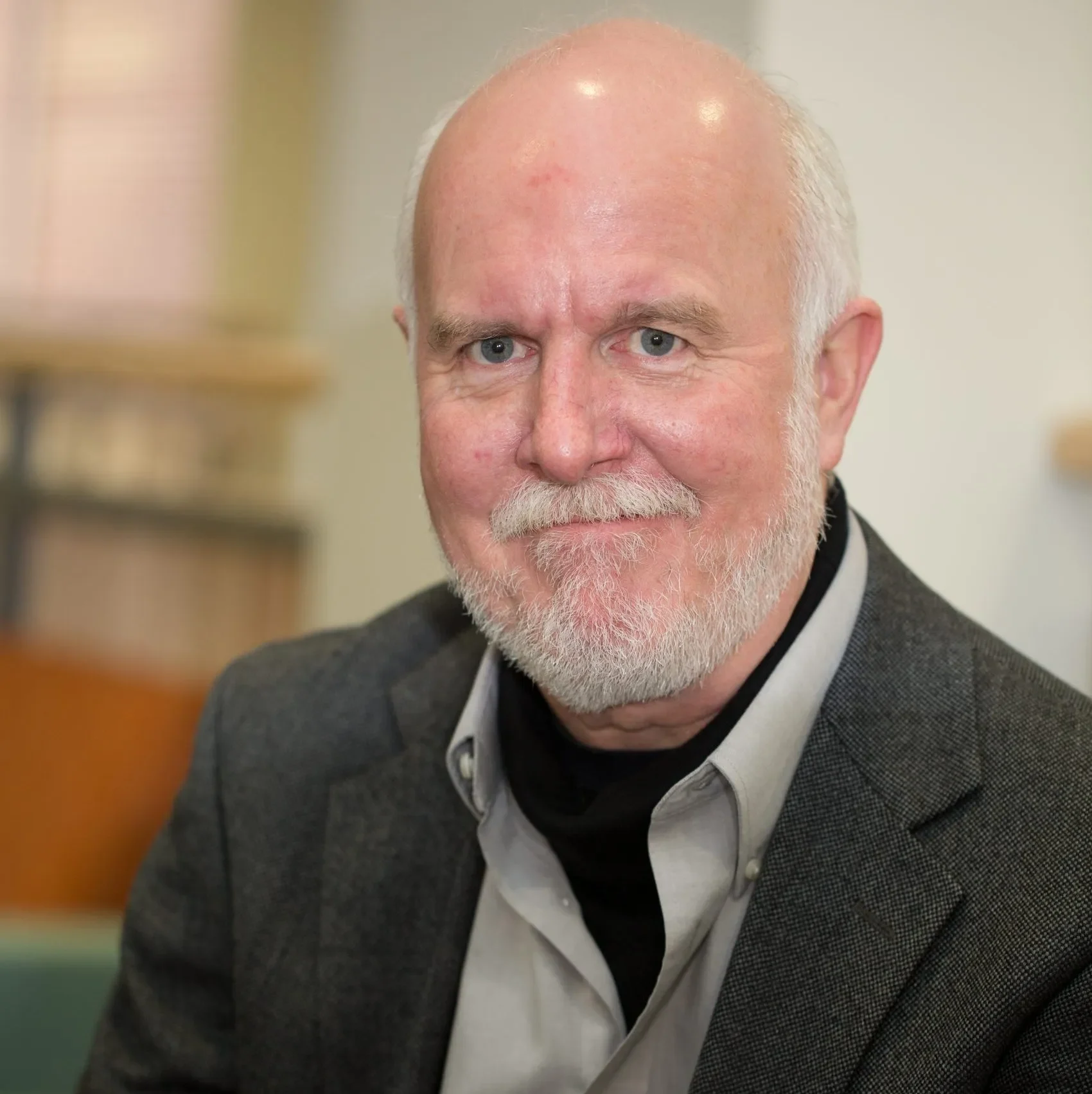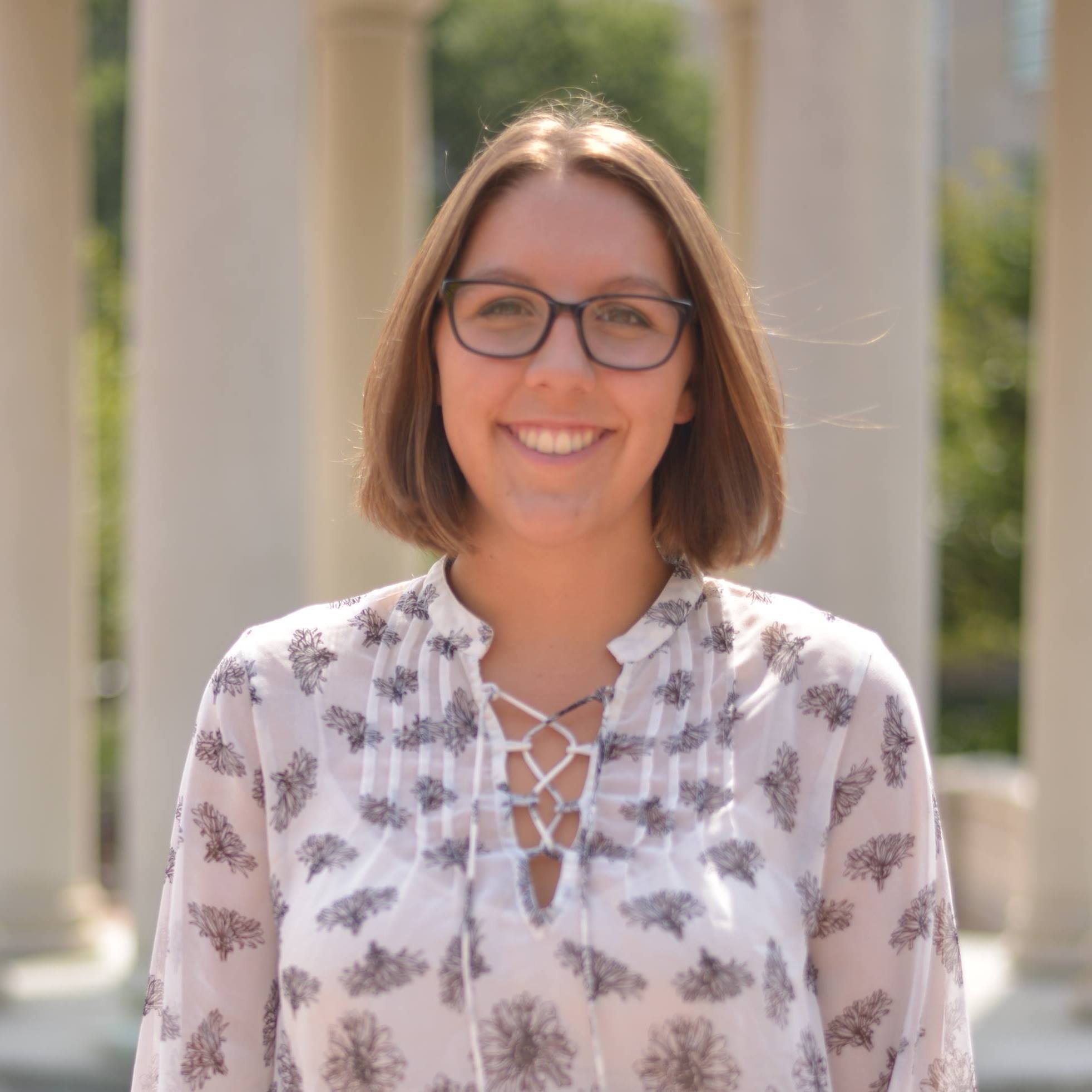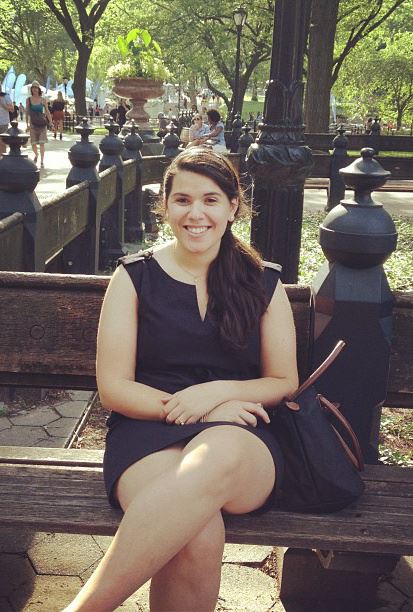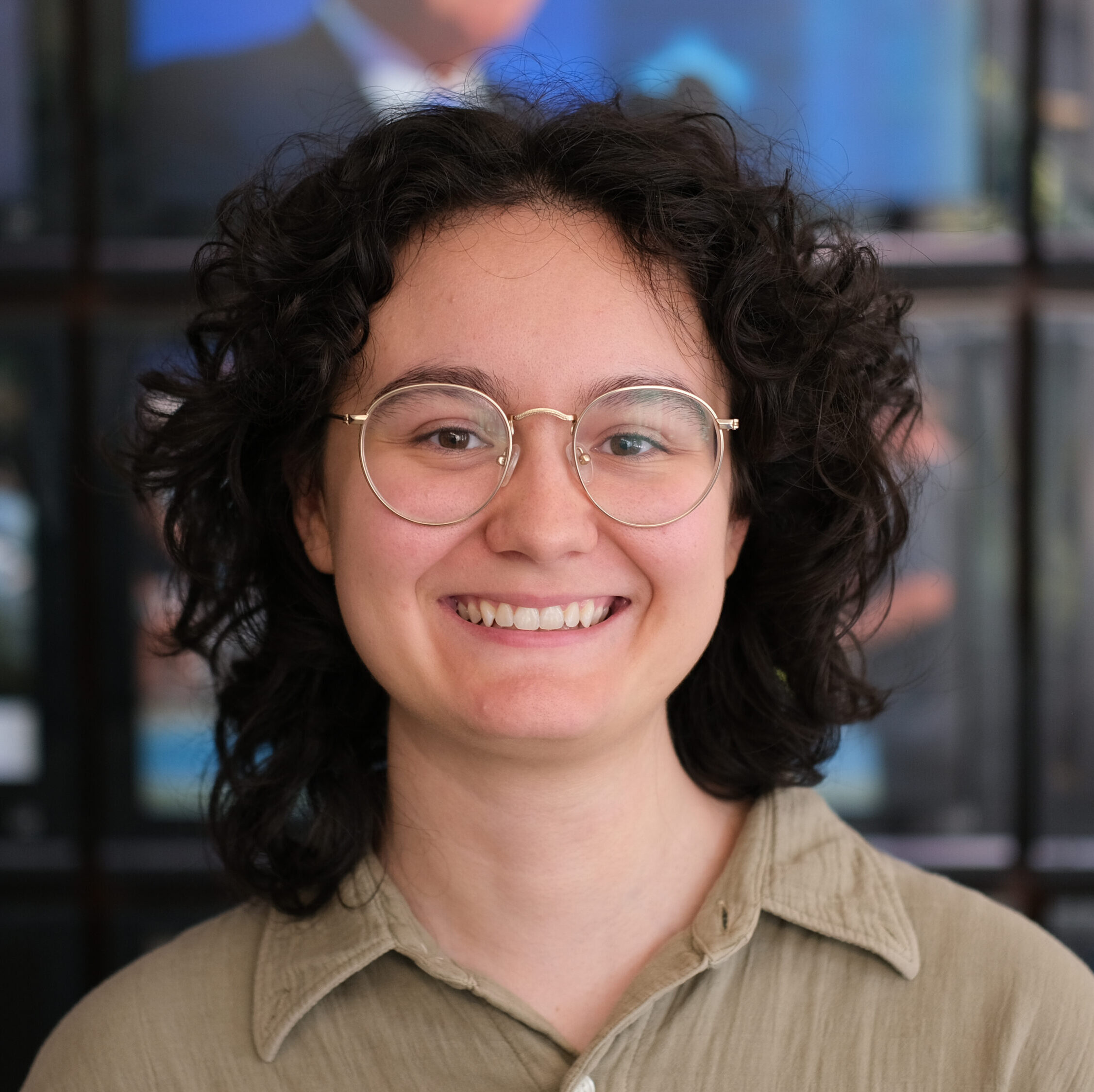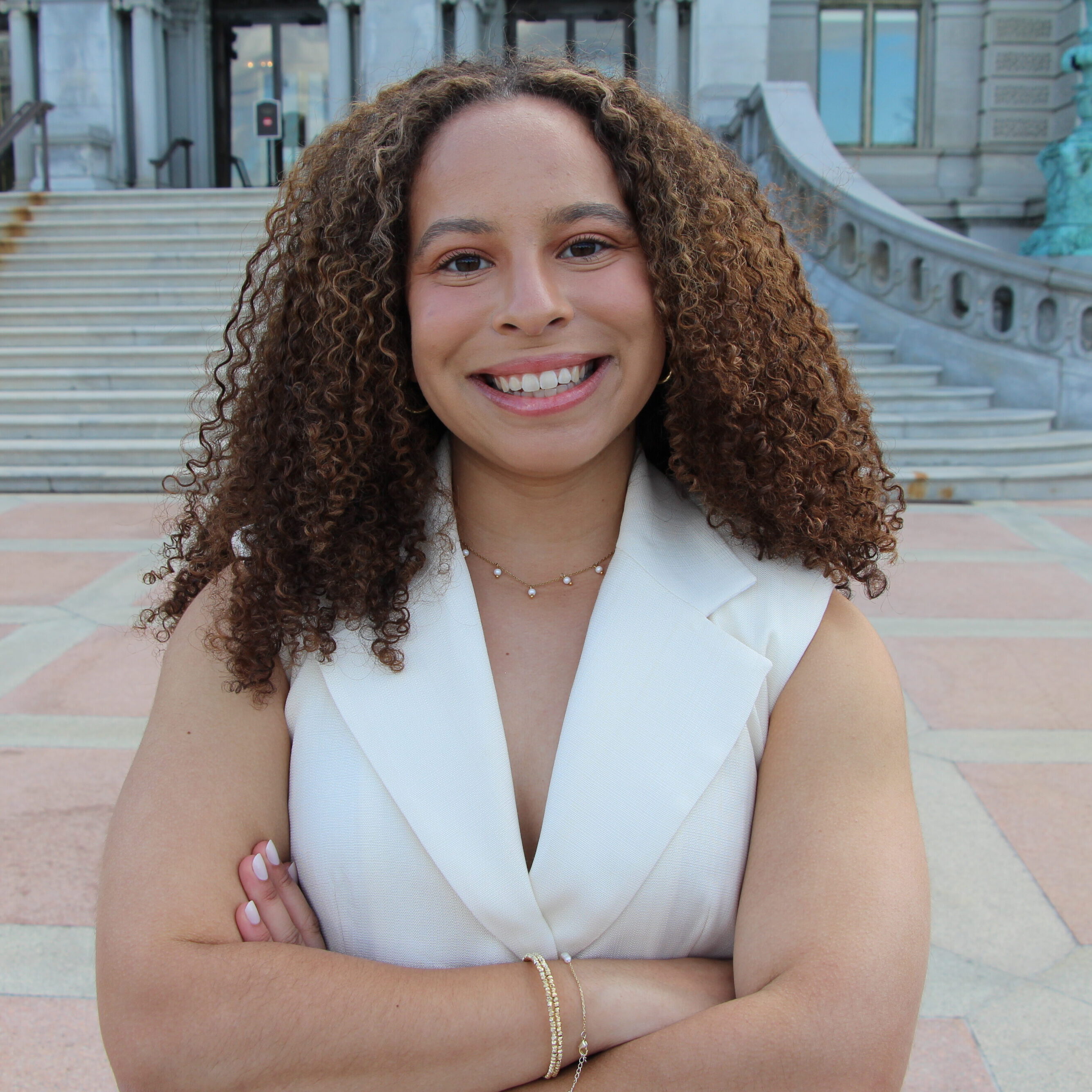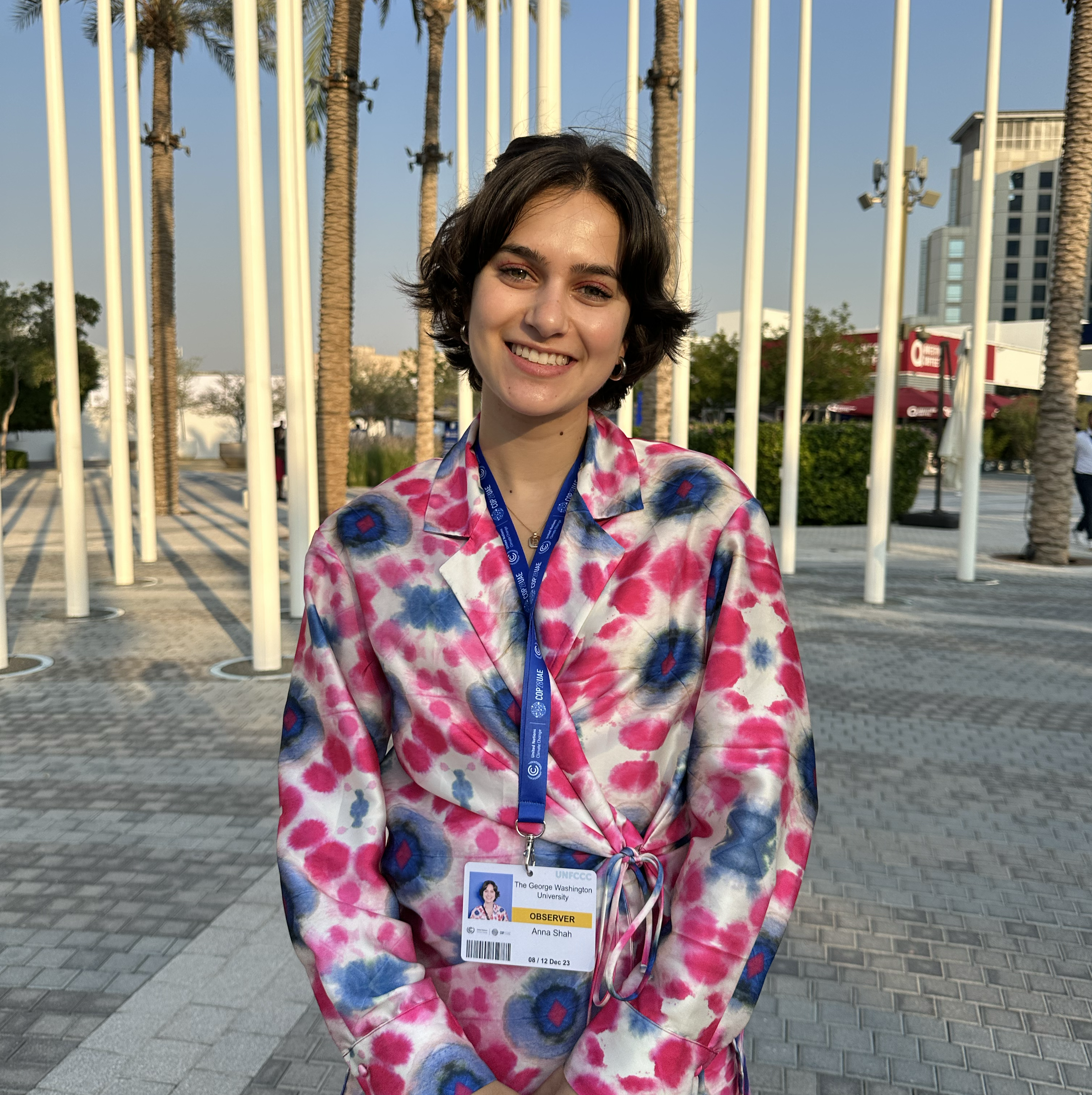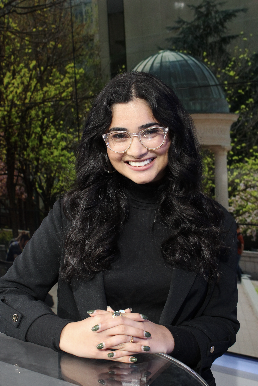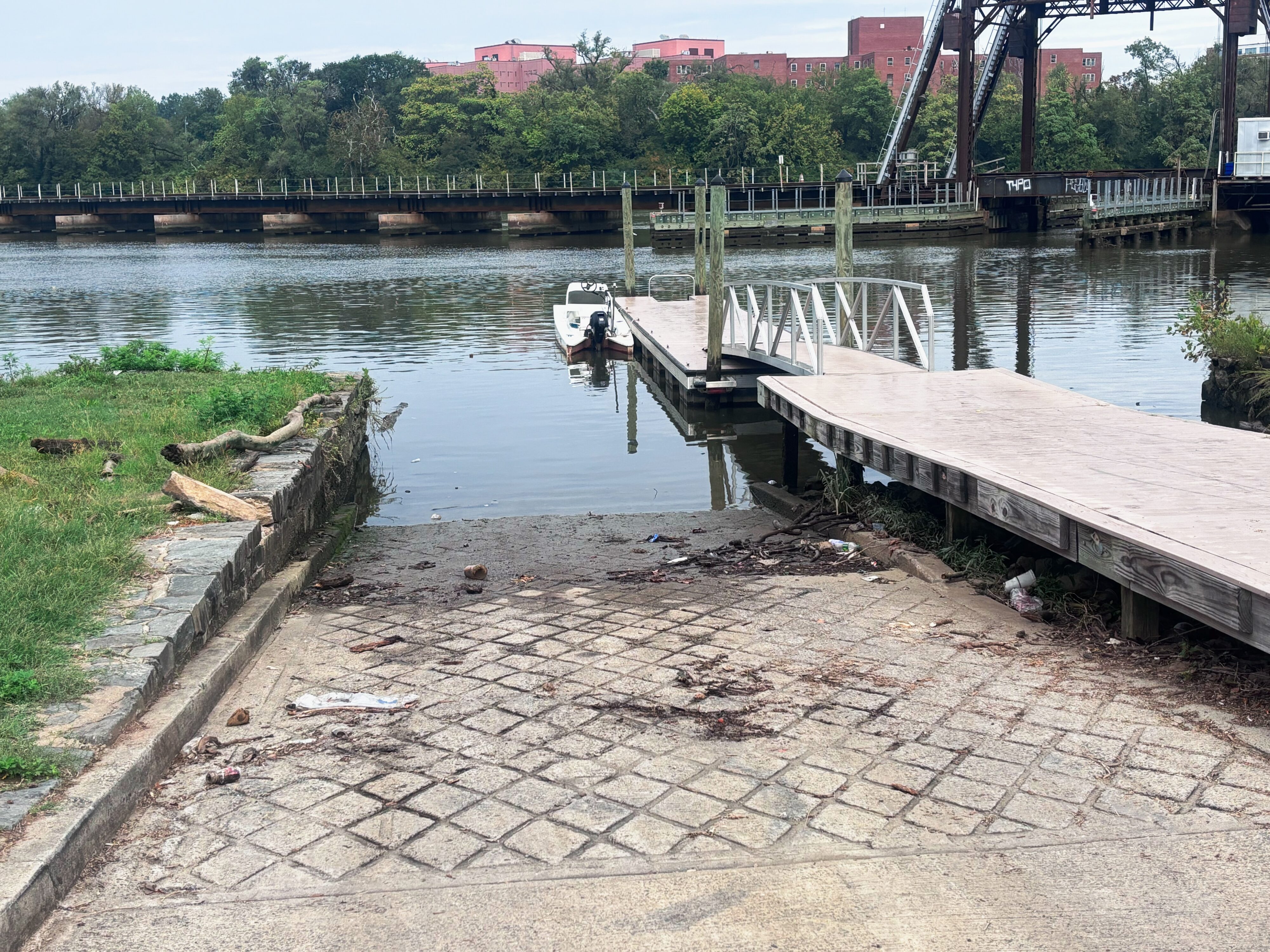
George Washington University
Pillar SchoolThe George Washington University is at the forefront of sustainability on college campuses, consistently ranking well in the Sierra Club’s list of most environmentally friendly schools. The University offers more than 250 courses related to sustainability, and 40 undergraduate, graduate, and postgraduate sustainability programs. In Fall 2012, GW established a sustainability minor, allowing interested students to study environmental challenges and developments. Kathleen Merrigan, former U.S. Department of Agriculture deputy secretary, was named the University’s first Executive Director of the Sustainability Institute, GW’s sustainability research center. In 2014, the University opened its first LEED “Platinum” Certified Building, the Milken Institute School of Public Health, and is committed to building a minimum of LEED “Silver” Certification on future projects, and, also in 2014, as a part of the Capital Partners Solar Project, GW made a commitment to have more than half of its electricity come from solar power.
GW has been home to Planet Forward since 2008 when Frank Sesno (Director of the School of Media and Public Affairs) and the rest of the team began engaging students, faculty and staff on GW’s campus and beyond. Students at GW are actively involved in sustainability efforts participating in everything from the “Eco-Challenge,” in which residence halls compete annually to conserve energy and water, to the GroW garden, a cooperative urban garden that is run by students and maintained by university volunteers. This engagement is expected to continue to grow with the new opportunities available through Planet Forward’s campus Consortium as students submit their stories, faculty continue to use Planet Forward for experiential learning in the classroom, and the staff continues to partner with Planet Forward to develop inspirational and effective programming.































